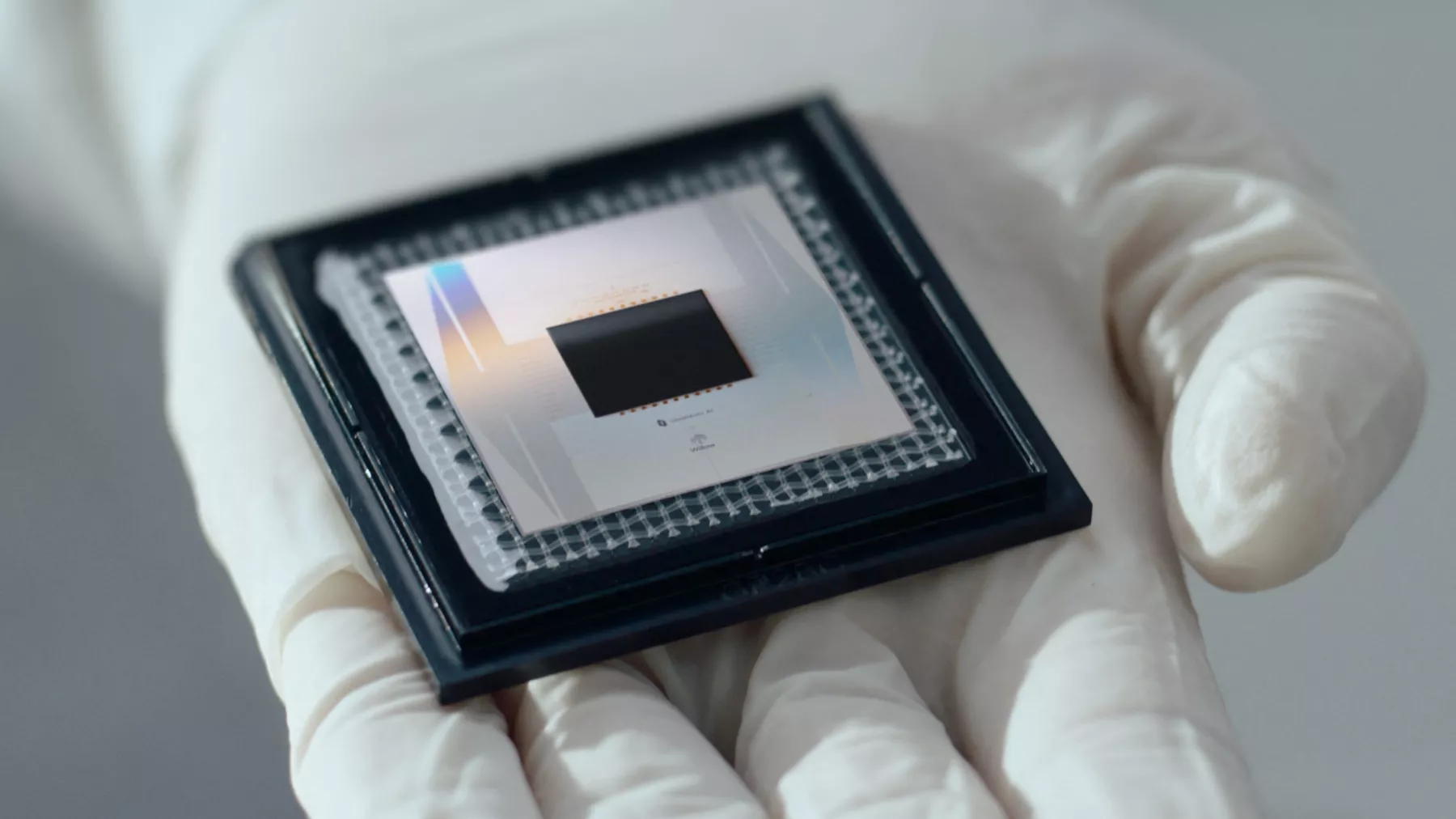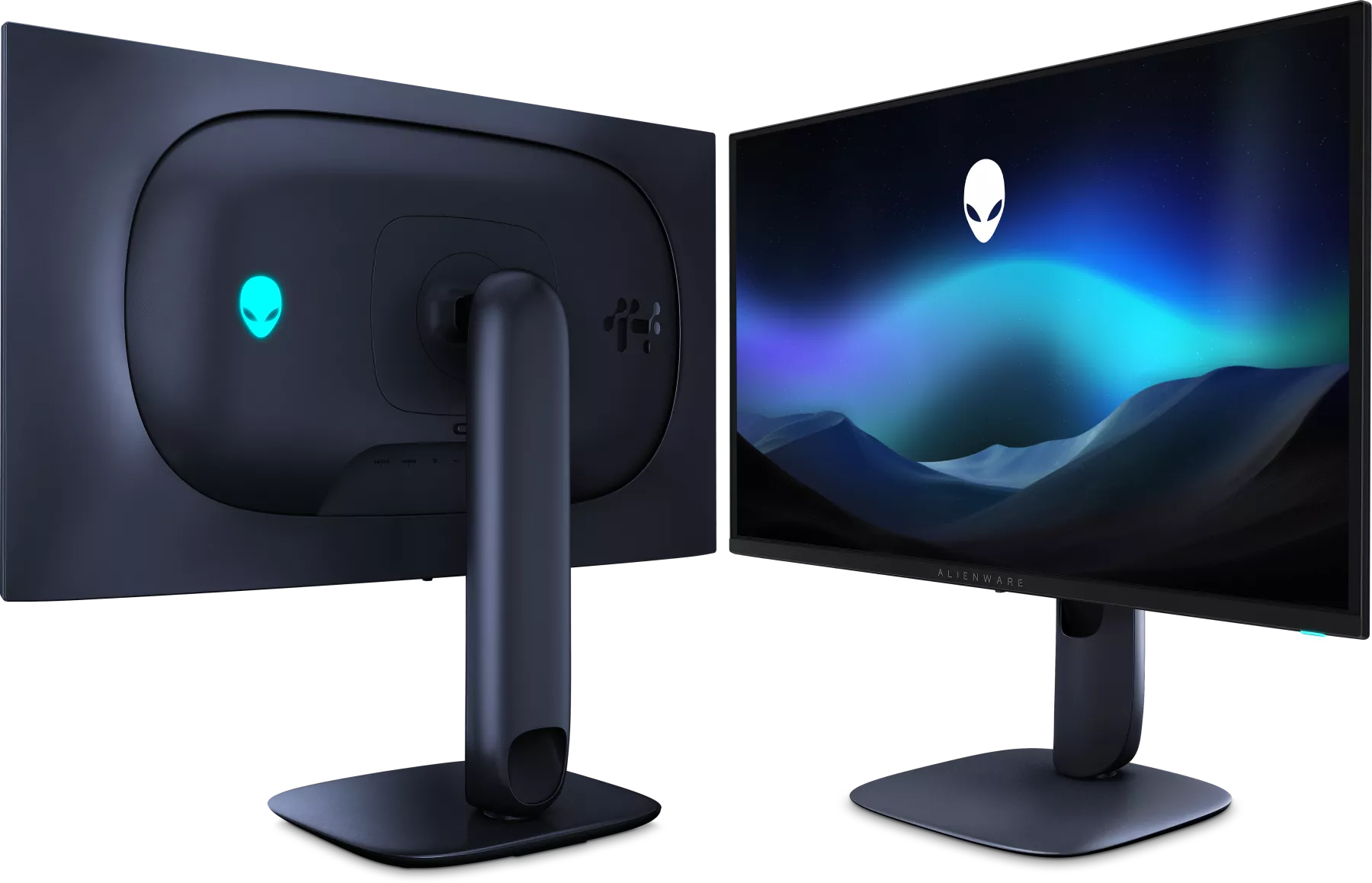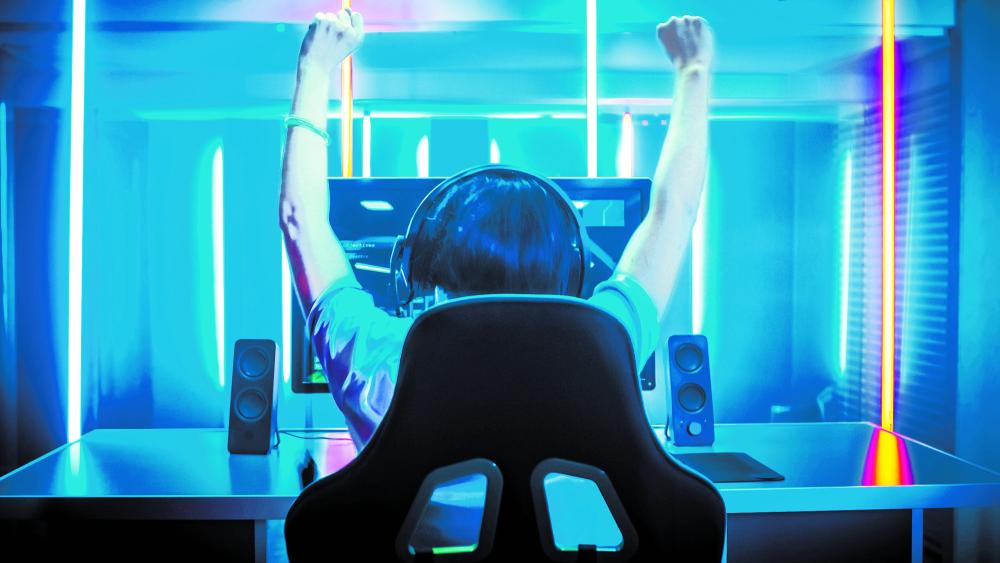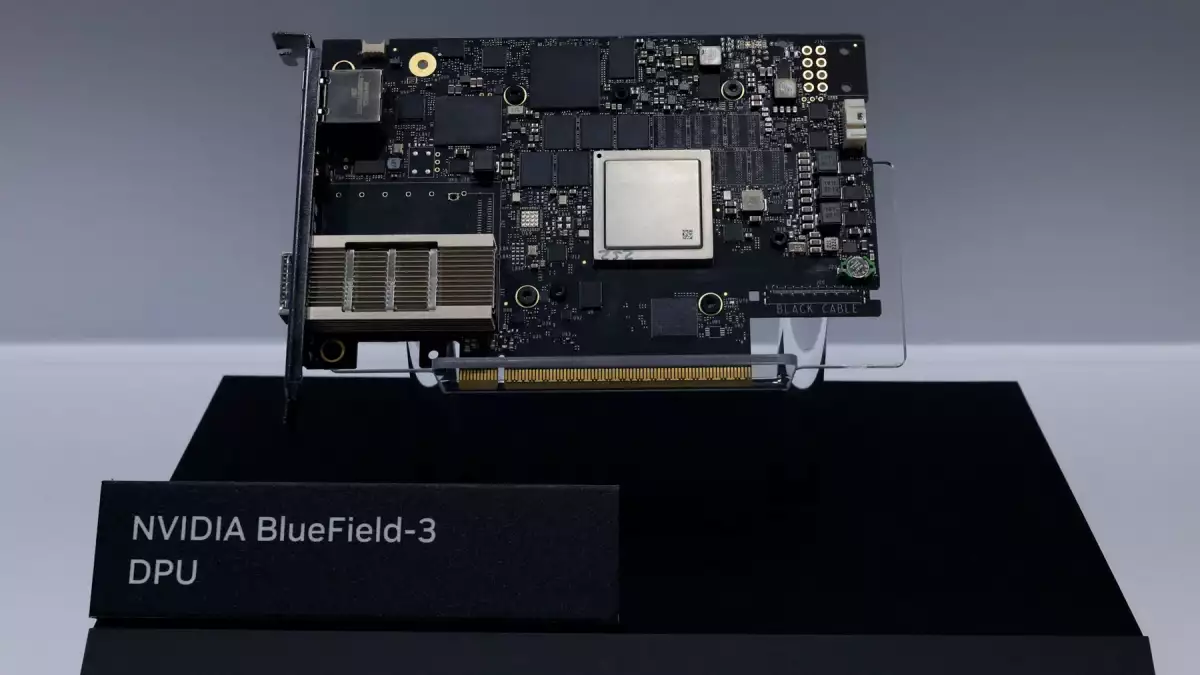
Willow, Googles quantum chip that inaugurates a new era
Google has unveiled Willow, a quantum chip capable of outperforming supercomputers in seconds, representing a major step toward practical quantum computing.
Amid the hype surrounding generative artificial intelligence, quantum computing has been relegated to second place. Except for Google, which unveiled its new Willow chip, capable of completing a computational challenge in less than five minutes, a process that surpasses that of the world's fastest supercomputers.
What is Willow and why is it so relevant?
According to Google Quantum AI director Hartmut Neven, the new chip is important because it allows for the reduction of quantum errors that researchers in the field have been trying to speed up for nearly 30 years.
Quantum computing uses qubits as the basic unit of information to encode data. They are the quantum equivalent of the traditional bit used by computers to encode information in a binary system.
Neven mentions that for decades, these qubits were prone to errors, due to the “tendency to exchange information rapidly with their surroundings.” However, with the help of Willow, the researchers found a way to reduce those errors by introducing more qubits into a system and correcting them in real time.
“This landmark achievement is known in the industry as ‘below threshold’ – being able to reduce errors while increasing the number of qubits,” says Neven. “You need to show that you are below threshold to demonstrate real progress in error correction, and this has been an extraordinary challenge since Peter Shor introduced the concept in 1995.”
How fast is this chip?
According to tests conducted by Google, Willow completed a calculation in less than five minutes, while one of the world's fastest supercomputers would take 10 septillion years - a number greater than the age of the universe.
“This mind-boggling figure exceeds known timescales in physics and far exceeds the age of the universe. It lends credence to the idea that quantum computing occurs in many parallel universes, in line with the idea that we live in a multiverse, a prediction first made by David Deutsch,” says Neven.
It's worth mentioning that Willow was built at Google's new facility in Santa Barbara, California, one of the few headquarters in the world built from scratch exclusively for this purpose.
What comes after Willow
Google says the next challenge for the chip is to demonstrate a first “useful, beyond the conventional” calculation, meaning one that is relevant to a real-world application, since so far it has not been performed beyond comparisons with classical computers and scientific simulations.
“Our goal,” Neven says, “is to do both at the same time: to enter the realm of algorithms that are beyond the reach of classical computers and that are useful for real-world business problems.”
In addition, the expert anticipated that advanced AI will also benefit from access to quantum computing in aspects such as the collection of training data that is inaccessible to classical machines or to optimize certain learning architectures.
“Many of these future game-changing applications will not be feasible on classical computers; they are waiting to be unlocked with quantum computing,” he concludes.
Leave a comment:


Tranding News










